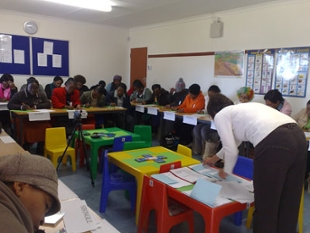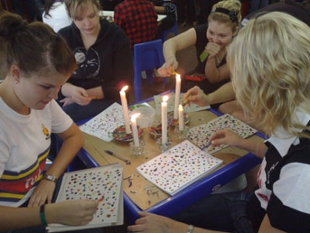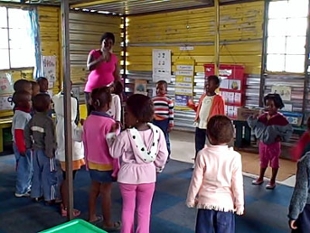"This old buzzard, having failed to raise the mob against its
rulers, now prepares to raise it against its teachers."
H.L. Mencken
Scopes Monkey Trial
July 16, 1925
July 16, 1925
Sadly, I didn't find the above Mencken quote on my own, but lifted it from Slate, which, on May 24th, pointed out that Virginia Attorney General Ken Cuccinelli had recently filed a civil subpoena against the University of Virginia.
As Courtney Stuart first reported last week in Charlottesville's The Hook, Cuccinelli's office quietly filed a civil investigative demand (or CID, which is basically a subpoena) with the University of Virginia on April 23, giving the school 30 days to produce more than 10 years' worth of documents related to the state-funded research of a former faculty member, Michael Mann. Operating under the Virginia Fraud Against Taxpayers Act, the CID seeks from the university, among other things, "any correspondence, messages or emails" to or from Mann and 40 named climate scientists; any documents sent to or from Mann that reference any of those 40 scientists; and any "documents, things or data" submitted in support of any of five different grant applications that amounted, in total, to almost $500,000. The university is also expected to turn over "any and all emails or pieces of correspondence from or to Dr. Michael Mann since he left the University of Virginia."The action was dismissed yesterday by retired Albemarle County Circuit Court Judge Paul M. Peatross, Jr.
[ From an article in this morning's Cavalier Daily] Peatross held that Cuccinelli does not have “unbridled discretion” to review professors and instead must found civil investigative demands on an “objective basis.”Virginia's Attorney General's office promptly issued a press release headlined "Attorney General Cuccinelli pleased with aspects of UVA CID ruling," in which Cuccinelli claimed partial victory in the judge's ruling.
In turn, the ruling did not directly address issues of academic freedom, Schragger said, “because [Cuccinelli] did not even meet the minimum demand of investigative requirement.”
“While this was not an outright ruling in our favor I am pleased that the judge has agreed with my office on several key legal points and has given us a framework for issuing a new civil investigative demand to get the information necessary to continue our investigation into whether or not fraud has been committed against the commonwealth.”
Attorney General Cuccinelli has long been publicly skeptical about global warming, stoutly maintaining that scientists have skewed their data in order to claim the world is heating up. If that's so, Cuccinelli has unearthed a conspiracy of unprecedented size, since the scientific evidence for global warming is broad-based and overwhelming. Does our Attorney General really think it is in the best interests of the Commonwealth of Virginia to spend our scarce dollars attacking a scientific finding that, for some reason, appears to make him personally uneasy? The Commonwealth has many pressing needs.
Yesterday, I blogged about conservative Victor David Hanson's column in the National Review in which he outlined the 6 basic reasons for the anger that sent 100,000 Americans to Washington on Saturday to "restore honor" with Glenn Beck. One of the reasons Dr. Hanson listed was frustration with the courts striking down (on pesky legal grounds) laws advancing conservative social values. So do these people Mr. Hanson talks about want legal decisions made by majority opinion? Do Mr. Beck and his followers really think we should ignore the parts of the Constitution that establish the courts' responsibilities?
Mr. Beck and Mr. Cuccinelli both appear to demonstrate by their actions that they feel their personal values trump both science and the Constitution.













































